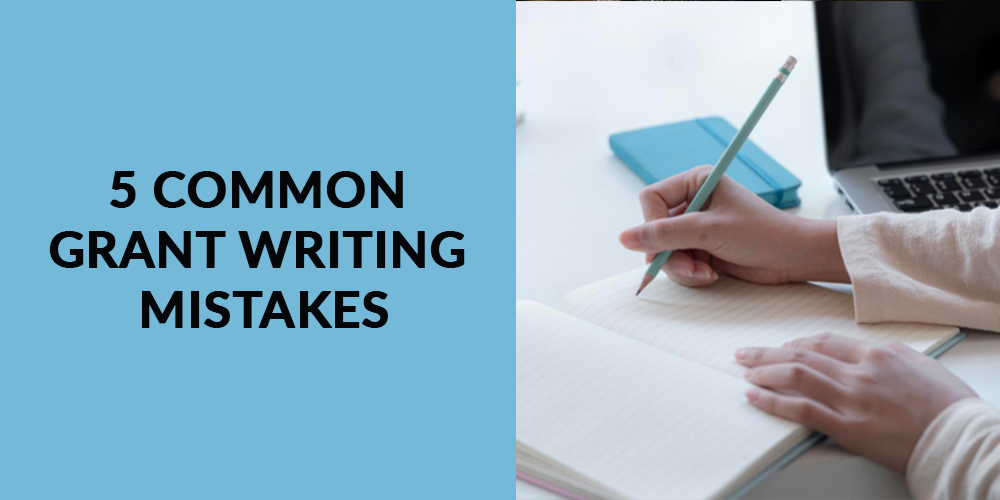There is a myriad of strategies that Tender Writers employ to maximise the chance of a successful tender submission. Our Tender Writers at Red Tape Busters focus primarily on the ‘relevance’ of tender writing strategies in their toolkit according to the size and scope of the tender. The following strategies are foundational in our Tender Writing responses, however the depth of focus into each of them will inevitably be somewhat varied.
Plan Well, Plan Early & Make a Checklist That Counts
When it comes to Tender Writing, there was never a truer saying than Benjamin Franklin’s “If You Fail to Plan, You Are Planning to Fail”. Putting together a successful tender submission is not a simple job that a Tender Writer allocates a day or so to during the last week before submission. When Tender Writing, the very first thing you should do is create a detailed written plan to ensure you are not overwhelmed as the deadline approaches and you suddenly realise how much you still need to prepare.
Whilst the obvious way to do this might be to review the tender documents and note all key dates, this is essentially only a small part of the planning process. A detailed plan will also identify all supporting documents required, construct a gap analysis to identify any missing elements that you will need to put together, identify team subject matter experts to contribute to documents and criteria, ensure these team have capacity to support the submission, identify any external players that need to be consulted and ensure this is factored in early in the tender writing process. All this needs to be worked into a detailed checklist that meets the key dates to ensure all the moving parts work together coherently to produce a high-quality tender submission.
Clarity is King
Regardless of how well equipped a business is to meet all the tender requirements, unless a Tender Writer in Sydney can clearly articulate this convincingly, they will not stand a chance of winning in their tender writing journey. It doesn’t matter whether you are tender writing, grant writing, resume writing or writing a job application, clarity is always, always king.
Ensure your responses tell a persuasive story, make sense and above all, answer the criteria in a language that the assessor will understand. Mirroring the tender language (& specifically the criteria points) is a great strategy to ensure you stay on track and on the reader’s wavelength. Using diagrams and dot points breaks up the tedium of reading long verbose responses too, however, only use them when appropriate not just to present visual appeal with no substance.
Your entire submission should focus on clarity in everything: writing style, criteria responses, introducing your business, inclusions and exclusions of your offering, how you will deliver if you win, examples of past successes, etc. The evaluators are potentially reading dozens of responses: make yours a standout using clear, concise and engaging responses that tie the whole submission together into a professional package.
Confidence without Arrogance
Confidence is reflected in a Tender Writer’s responses by their answers showing an understanding of the problem or criteria to be solved then presenting a concise, persuasive response that clearly defines & demonstrates how the business has the capacity and expertise to address it.
Arrogance, on the other hand, that resorts to bragging excessively without substance to support such strong statements, or belittling competitors, does very little to address the criteria being put forward.
From the Assessor’s perspective, an air of quiet confidence can elicit a sense of trust and willingness to explore a business relationship, whereas arrogance is more likely to create suspicion, doubt and sub-conscious ‘red flags’ for the reader.
Evidence Based Responses
A Tender Writer’s response that merely talks about how a business ‘can’ address specific criteria is somewhat mediocre when compared to a response that can provide clear past evidence of how the business has addressed similar criteria or circumstances in the past. Where the criteria outline a scenario that you have no exact evidence of addressing, then consider if there are a ‘range’ of scenarios that would collectively show evidence of your business’s capability to deliver.
Utilising external references by way of past successes in client projects is also a very powerful Tender Writer’s tool to use in their persuasive arguments. Generally, your assessor does not ‘know’ your business or how your service might differentiate above other competitors. Being able to provide tangible examples, including client references or testimonials provides valuable insights into the truth behind your ability to deliver.
Understand When Less is More…and When it isn’t
When answering criteria questions, Tender Writer’s often encounter a word limit. Treat every single word of a response as if it had an individual $ value and do not fill responses with ‘fluff’ just to meet the word count (‘less is more’). Utilise every word to put forward your most persuasive response possible yet keep it practical and factual. Answer with clarity, precision and consideration to ensure you are addressing what the assessors are asking.
When it comes to requested supporting documentation, ensure you do not skimp on details. Assessors want to know that what levels of compliance you meet in all relevant areas such as including Quality Assurance processes and procedures, Risk Management & Mitigation, Safety Standards and Protocols, Environmental Management Systems, etc. These documents, as well as providing assurance that your services are well-managed and do not bring unacceptable risks to a project, also provide a window into how you conduct your business and how well-thought out and professional your approach to your business actually is.
Consider Outsourcing
Whilst there may seem to be cost savings in doing your Tender Writing in-house, you need to consider the cost of allocating your team to all the assorted tasks, and whether your team’s expertise lies in Tender Writing or in contributing to your business in whatever role you employed them for. Ultimately, the cost ‘saving’ of doing the job in-house may not be the same return on investment as outsourcing your Tender Writing to those with the expertise to bring a winning edge to your Tender Writing.
The Red Tape Busters management team collectively offers over 200 years of submission expertise for your Tender Writing needs. Our consultative approach allows us to tap into your team to highlight and package your business expertise and capability into a high-quality submission, giving you the maximum chance of success in your Tender Writing submissions.










